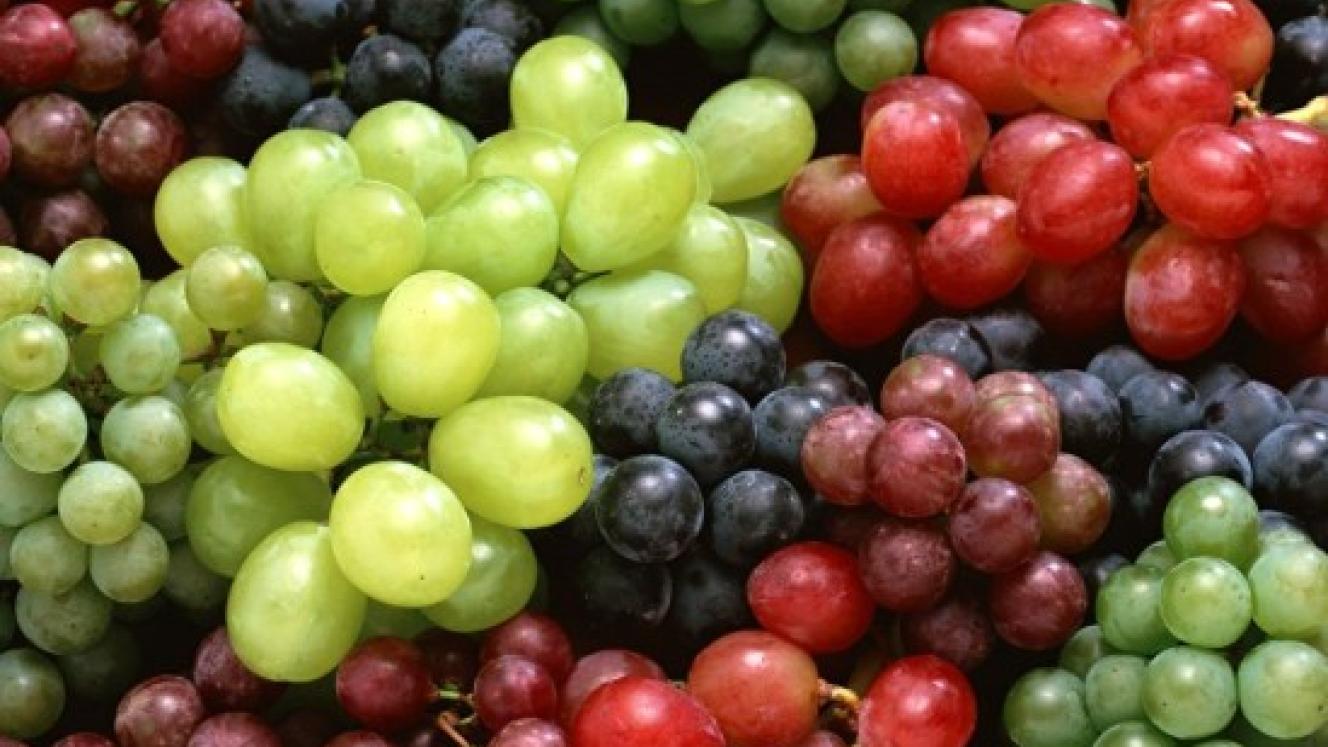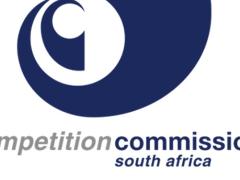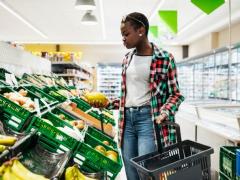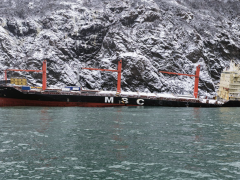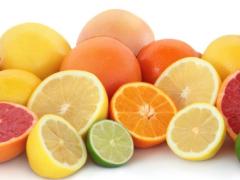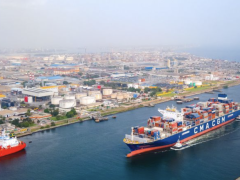As the world’s fourth-largest exporter of table grapes moves into its international shipping season, a crucial counter-seasonal market remains tariff-heavy for South African growers – the United States.
This is despite a raft of reprieves for some 200 food imports announced on November 14 by Donald Trump.
The duty reductions took tariffs for some countries, such as Australia and New Zealand, down to pre-April levels when the US President announced punishing “reciprocal” tariffs for most of America’s trading partners, including South Africa.
Unfortunately, South Africa’s name did not appear on the White House Worksheet for last Friday’s tariff adjustments.
The South African Table Grape Industry (Sati) says it was encouraging to see the downward adjustment of tariff measures on food products, “with the focus being on agricultural products that are not grown or produced in sufficient quantities in the USA”.
However, it’s regrettable that South Africa is omitted, particularly in the face of growing volumes in recent times.
In the 2024/25 season, South Africa exported approximately 2.2 million 4.5kg cartons (9 900 tonnes) of table grapes to the US valued at roughly R360 million (US$21 million).
This increased from 1.3 million 4.5kg cartons (6 000 tonnes) in 2023/24, indicative of the positive trend in the USA’s demand for South African table grapes.
The industry body says: “While this development represents a constructive step towards levelling the playing field in global agricultural trade, Sati is concerned that key South African agricultural exports – including table grapes, soft citrus and other deciduous fruits – were not included among the exempted products.
“These exclusions mean that South African fruit exporters continue to face significant cost pressures when entering the USA market, despite South Africa’s longstanding position as a reliable, counter-seasonal supplier of fresh grapes to USA importers and consumers.”
Sati CEO, Mecia Petersen, says: “We welcome any movement towards tariff reduction,” but “it is disappointing that table grapes were excluded from the list of exempted products, given the USA’s reliance on imported grapes.
“Our industry is committed to supplying high-quality fruit to global markets, including the USA, and we strongly believe that South Africa should be afforded fair and equal treatment alongside other Southern hemisphere suppliers, who currently enjoy reciprocal tariff rates much lower than South Africa’s.
“By volume, South Africa is the fourth-largest exporter of table grapes in the world and the third largest in the Southern hemisphere (±400,000 tonnes exported in 2024 calendar year). We have been supplying the USA for more than 20 years, and the industry has invested in resources that enable South Africa to meet the USA market’s high specifications.”
Department of Trade, Industry and Competition Minister, Parks Tau, continually reiterates that South African exporters must develop alternative markets to cushion the blow of Trump tariffs.
On Thursday morning, as South Africa prepared to host the G20 Summit in Sandton –shunned by delegates from the US – Business Unity SA CEO, Mxolisi Mgojo, says American business leaders remain committed to local investments.
He says Africa is the next frontier for South African trade.
But the phytosanitary arrangements to ship counter-seasonal fruit to a world-leading market like the US takes years to develop, and the pain of the current tariffs will be brought to bear through export data of the 25/26 export season.
Sati says that, together with the Agricultural Business Chamber and the International Fresh Produce Association, it will urgently submit a formal motivation to the US Trade Representative requesting clarity on how the most recent product exemptions have been determined.
More importantly, it will appeal for the inclusion of South African table grapes and other affected commodities to lower prices for USA consumers.
“We will continue to support the government’s efforts to negotiate a fair tariff regime that places South Africa on a level playing field with other Southern hemisphere producers,” Petersen says.
